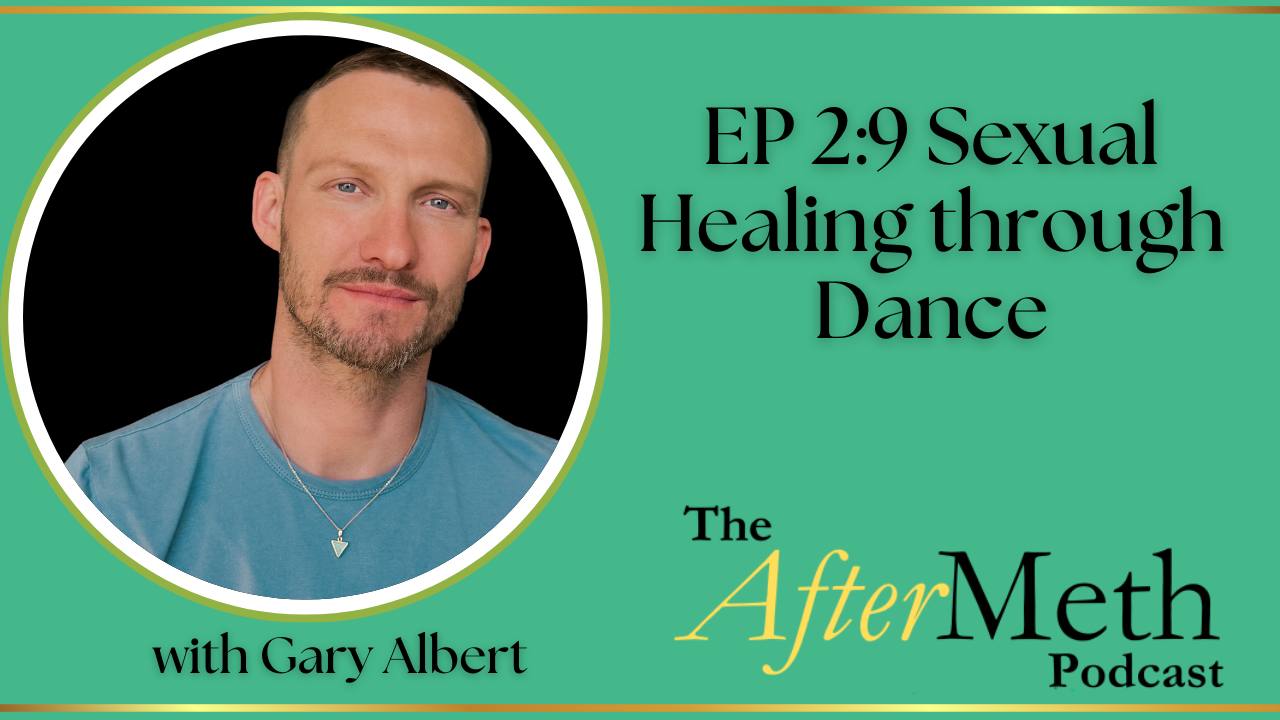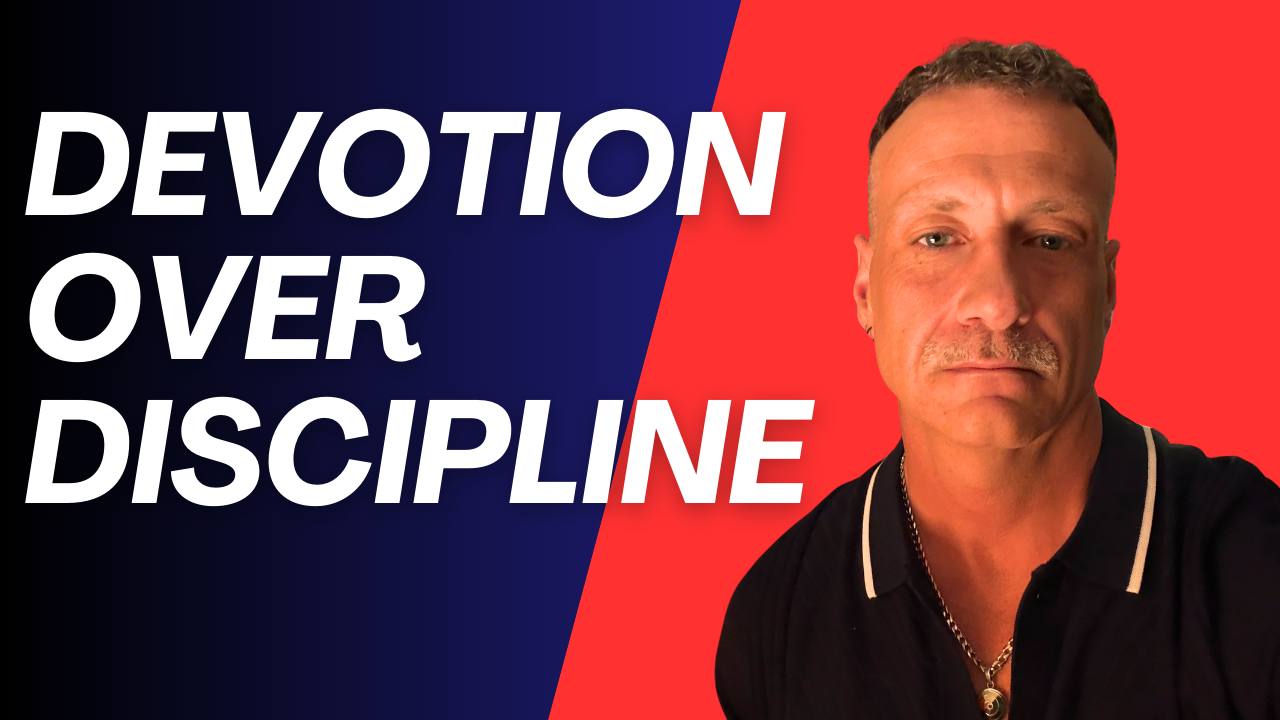Healing Religious Trauma After Meth

This little light of miiiiine...
I'm gonna let it shiiiiiine...
This little light of miiiiine...
I'm gonna let it shiiiiiine...
Imagine a darling 5-year-old Dallas standing in a group of children at church, arm stretched high into the air, pointer finger up.
I learned in Sunday School that Jesus would never ask me to hide my light under a bushel, NO!
I would let it shine 'till Jesus comes.
Unless...
I was attracted to men.
Well, then, in that case, Jesus wanted me to hide it.
And if I didn't, that little light would become the red flames of eternal Hell.
What a message for a 5-year-old.
That little boy grew up hiding his light. In fact, his light dimmed almost to the point of being extinguished.
Those early messages drove me into my crystal meth addiction. And my story is common.
Can you relate? Reply to this email and let me know. I'd love to begin a dialouge around this issue!
And that is why I am pleased to provide this week's podcast. This is important and vital to every gay man's crystal meth recovery.
Love you, Dallas
Speaking of recovery, I am accepting 1:1 client applications for January. I help gay men break free from crystal meth without shame or fear-based tactics in as little as six months. If you are interested, Apply Here.
Church shame and religious trauma can have profound impacts on LGBTQ+ individuals, often contributing to addiction and self-destructive behaviors.
In this week's podcast interview, Eric Feltes discusses how religious shame intersects with addiction and offers insights into healing and recovery.
I know you'll find this episode helpful and hopeful.
Listen to the podcast HERE.
Watch the podcast HERE.
The Nature of Beliefs and Truth
Eric emphasizes that instead of asking whether a belief is true, we should ask if it's helpful.
He challenges the notion of absolute truth, suggesting that beliefs should be evaluated based on whether they inspire self-love and support recovery.
This perspective offers a refreshing approach to spirituality that focuses on practical impact rather than dogmatic certainty.
How have religious or spiritual beliefs influenced your relationship with yourself and others?
Redefining Spirituality and Religion
The interview presents a nuanced view of spirituality that extends beyond traditional religious frameworks.
Eric introduces the concept of Christ as "unconditional, radical, inclusive love" rather than a specific religious figure.
This broader understanding allows individuals to develop a personal spiritual practice that supports their recovery without being bound by potentially traumatic religious contexts.
What beliefs in your life are truly helpful to your recovery, regardless of their source?
The Role of Discomfort in Growth
A crucial insight from the conversation is the importance of sitting with discomfort.
Eric points out that boredom and discomfort are often prerequisites for meaningful change.
This is particularly relevant for those in recovery who may be tempted to seek immediate comfort or stimulation to avoid difficult emotions.
How comfortable are you with sitting in discomfort or boredom without seeking immediate relief?
Building Healthy Connections
The discussion emphasizes the importance of creating authentic connections with others while maintaining clear boundaries.
Eric suggests that true intimacy begins with removing expectations and focusing on genuine connection rather than specific outcomes.
This approach is especially valuable for those rebuilding their capacity for relationships after addiction.
When you meet someone for a date, how do you frame the experience? What if you expected a connection only, as Eric suggests?
Recovery as a Personal Journey
Eric advocates for a personalized approach to recovery that aligns with individual values rather than following a prescribed path.
He stresses the importance of daily practice while acknowledging that what works for one person may not work for another.
What values guide your recovery journey, and how did you develop these values?
Most of us who have experimented with crystal meth use have lost our light. In fact, many of us can't remember ever having it.
It was devastating to me when the one place I thought would bring me peace and comfort almost destroyed my life- my church.
I hear you, and I see you out there harboring anger and resentment toward your religion and the family members who seem to choose it over you.
I'm here to tell you that the healing and reclamation process around spirituality and what you know as God will transform your recovery.
What can you do today to begin that journey?
Love you all, Dallas
P.S. Eric is holding a 3-Day Accelerator Workshop as a part of his Shame-Free Gay Life Program. It could be a profound way to enrich your journey. Click here for more info.
Journal Prompts
- Write about a belief you've held that no longer serves you. How has this belief impacted your life?
- Describe your ideal spiritual practice, without considering what others might think or expect.
- Reflect on a time when sitting with discomfort led to personal growth.
- Write a letter to yourself about the kind of connections you want to build in your life.
- Describe what "radical, inclusive love" means to you personally.
Action Exercises
- Practice sitting in boredom for 15 minutes daily without seeking distraction. Notice and record your thoughts and feelings.
- Create a list of your personal values, independent of what any authority figure has told you to value.
- Establish a daily practice that feels authentic to you, incorporating elements that support your recovery.
- Reach out to someone to build a connection with clear, healthy boundaries in place.
- Write down three beliefs that have been helpful in your recovery and post them where you can see them daily.





Responses